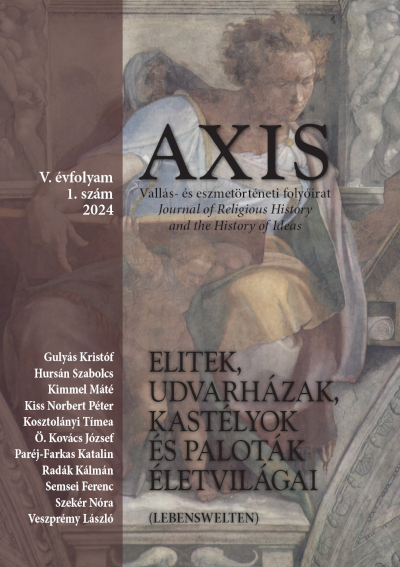Published 2024
How to Cite

This work is licensed under a Creative Commons Attribution 4.0 International License.
Abstract
Hungarian sources have preserved very little information about the hunts of the elite. This is all the more striking since hunting was a continual activity of the royal court, which had a well-organized network of servants and hunting lodges at its disposal. This scarcity of sources is partly due to the destruction of the account books of the period, but also to the fact that the records almost exclusively refer to disputes over hunting rights and the resulting grievances. Thus it is mainly narrative sources that have preserved accounts of royal hunts. It seems that only the king could afford to establish and maintain hunting parks, but in some cases it is precisely because of their role in international diplomacy that their memory has been preserved. The proximity of the best-known hunting lodges to royal residences and main roads has also left its mark on later settlement development and church history. This study provides an overview of the best documented hunting grounds, in the Csepel, Dömös and Zólyom districts, between 1000 and 1526.

